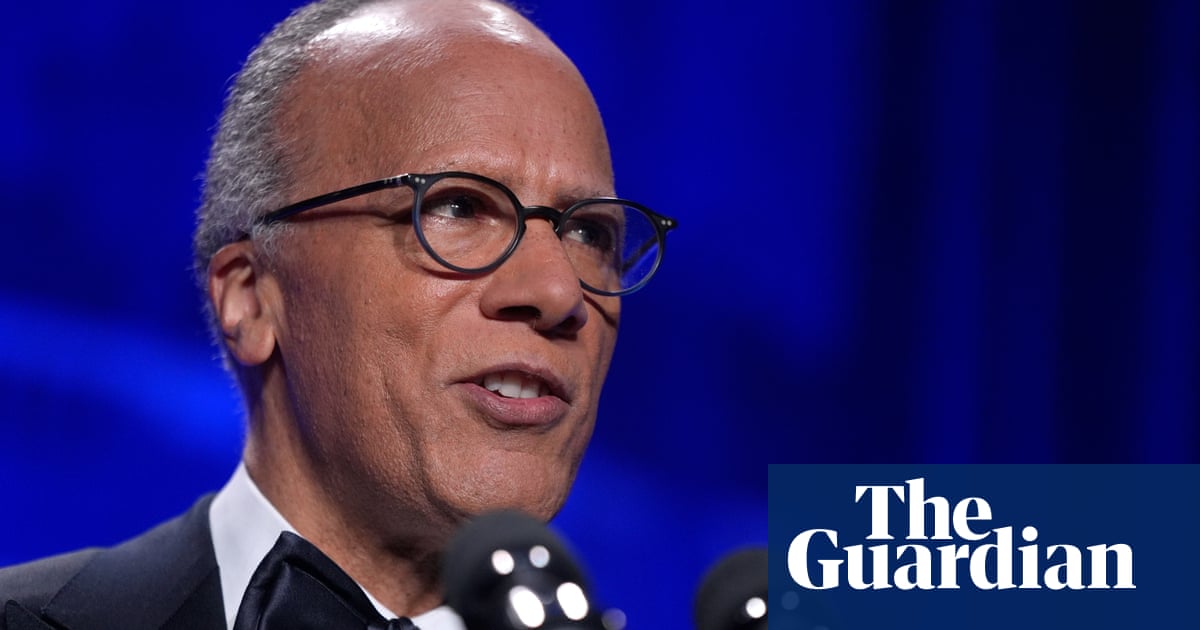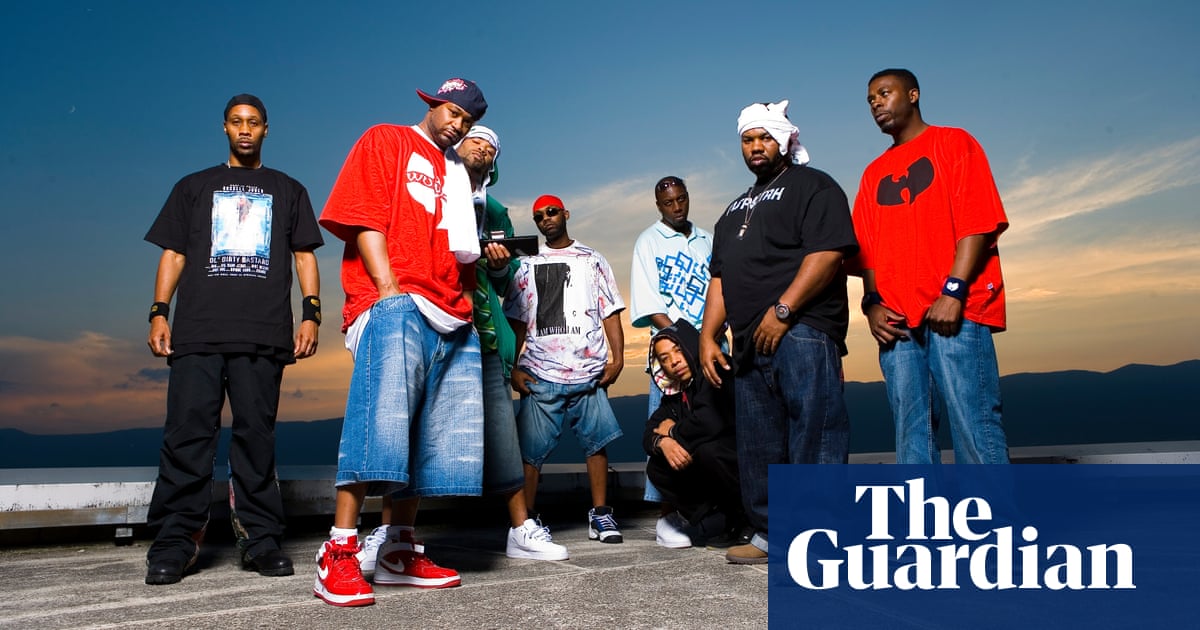Syrian rebel leader to publish list of Assad regime officials responsible for ‘torture’
Syria’s rebel leader has said he will publish a list of former senior officials “involved in torturing the Syrian people” and vowed to pursue “war criminals” and hold them accountable.
“We will offer rewards to anyone who provides information about senior army and security officers involved in war crimes,” rebel leader Abu Mohammed al-Jolani, now using his real name Ahmed al-Sharaa, said in a statement on Telegram.
The leader of the Hayat Tahrir al-Sham (HTS) group began discussions with the ousted government on transferring power on Monday, a day after his opposition alliance dramatically unseated President Bashar al-Assad following decades of brutal rule. Prime minister Mohammed al-Jalali told al-Arabiya television he had agreed to hand over power to the rebel “salvation government”.
Rebel fighters said they had found about 40 bodies bearing signs of torture inside a hospital morgue near Damascus on Monday, stuffed into body bags with numbers and sometimes names written on them, AFP reported.

“We will not hesitate to hold accountable the criminals, murderers, security and army officers involved in torturing the Syrian people,” Sharaa said in the Tuesday statement, adding they “will pursue war criminals and ask for their hand over from the countries to which they fled”.
In other recent developments:
-
The Britain-based Syrian Observatory for Human Rights war monitor said on Tuesday that Israel had “destroyed the most important military sites in Syria” with about 250 airstrikes since the fall of president Bashar al-Assad’s regime. The strikes had targeted airports and warehouses, aircraft squadrons, radars, military signal stations, and multiple weapons and ammunition depots over the past 48 hours, it said. Israel said its actions were “limited and temporary measures” to protect its citizens.
-
The UN security council appears united on the need to preserve Syria’s sovereignty, territorial integrity and unity, the US and Russia said after a closed emergency meeting. The 15-member council will work on a joint statement on Syria in the coming days, they said.
-
The Syrian Civil Defense, also known as the White Helmets, has ended its search for possible remaining detainees at the infamous Sednaya prison, adding that it had not uncovered any “evidence of undiscovered secret cells or basements”.
-
Benjamin Netanyahu has said that the Golan Heights, occupied by Israel for almost 60 years, will remain part of Israel “for eternity”, amid growing criticism of an Israeli takeover of a previously demilitarised buffer zone in Syrian-controlled territory.
-
Diplomats from Qatar spoke with the rebel group Hayat Tahrir al-Sham (HTS) as regional states raced to open contact with the group that toppled Assad and position themselves favourably. The country will talk again on Tuesday with Mohamed al-Bashir, an HTS leader appointed to lead Syria’s transitional administration, Reuters reported.
-
The recovery of the American journalist Austin Tice held hostage in Syria was a “top priority” of the Biden administration, national security adviser Jake Sullivan told ABC’s Good Morning America.
-
Israel is now more optimistic about a possible hostage deal in Gaza, its foreign minister Gideon Saar said, amid reports that Hamas had asked for lists of all hostages still held by militant groups in the Palestinian territory.
-
Kremlin spokesperson Dmitry Peskov said President Vladimir Putin personally approved the decision to grant Bashar al-Assad asylum in Russia. Peskov said it was “premature” to discuss the future of Russia’s military presence inside Syria.
Key events Show key events only Please turn on JavaScript to use this feature
Reunited families celebrate as Syrian rebels return home

William Christou
William Christou is reporting for the Guardian from eastern Ghouta, Syria.
This time, the doors of the Syrian state broadcaster were held open for Mohammed Abu al-Zaid.
The rebel commander strode into the building, camo-clad and with a pistol on his hip, and greeted the channel’s staff. The warm welcome was a far cry from his entrance on Sunday morning, when he stormed the building and announced live on air that Bashar al-Assad’s regime had officially fallen.
“I hadn’t planned it; I decided in the moments before that I would do it,” Zaid, a commander of the Southern Operations Room, said on Monday, sitting in the anchor seat of the state broadcaster’s studio.
Behind him was the three-starred flag of the Syrian opposition, which he had put in place of the old Assad government flag.
He recounted the tale to his uncle, Abu Bilal, a rebel fighter who had returned to Damascus from the northern front just a few hours before.
“You know, we didn’t have that much time to watch the news, we’ve been a bit busy,” Bilal said as he watched a video of his nephew announcing the fall of the 54-year long Assad regime on his phone.
Bilal was one of thousands of fighters and displaced people who returned to Damascus and its countryside on Monday, having finished fighting on the frontlines against the Syrian army in Homs, central Syria, two days earlier.
For years, the nearly 4.5 million people – many of them displaced – living in northwest Syria had been unable to see their family in government-held territory.
Fighters came half a dozen at a time, loaded in the back of lorries. The fighters’ journey south were accompanied by cars racing alongside them, honking and waving the Syrian revolutionary flag.
Palestinian news agency Wafa reports that seven Palestinians have been killed and “a number of wounded” after an Israeli strike on a house in the Nuseirat refugee camp in the central Gaza Strip.
The claims have not been independently verified.
Reuters has a quick snap that Israel’s ground invasion into Syria has now reached about 25km (15 miles) south-west of Damascus.
Reporting for Al Jazeera from Damascus, Resul Serdar Atas writes that “the repeated Israeli attacks in and around Damascus and other regions create a huge challenge for the opposition in Syria to preserve the state apparatus and secure a smooth transition.”
Yesterday, Israel’s ambassador to the UN, Danny Danon, claimed in a letter to the international body that Israel’s actions were “limited and temporary measures” and that “Israel is not intervening in the ongoing conflict between Syrian armed groups.”
Iran has described Israel’s invasion into Syrian territory, launched from the Golan Heights which Israel seized from Syria in 1967 and unilaterally annexed in 1981, as a “violation”.
White Helmets end search operations at Sednaya prison
The Syrian Civil Defense has ended its search for possible remaining detainees at the infamous Sednaya prison, adding that it had not uncovered any “evidence of undiscovered secret cells or basements”.
In a statement, the group also known as the White Helmets said:
Specialized teams from The White Helmets conducted a thorough search of all sections, facilities, basements, courtyards, and surrounding areas of the prison. These operations were carried out with the assistance of individuals familiar with the prison and its layout. However, no evidence of undiscovered secret cells or basements was found.
The operation involved five teams, including two K9 (trained police dog) units. The teams inspected all entrances, exits, ventilation shafts, sewage systems, water pipes, electrical wiring, and surveillance camera cables. Despite these extensive efforts, no hidden or sealed areas were identified.
The group said it “shared the profound disappointment of the families of the thousands who remain missing and whose fates remain unknown”, while urging social media users to be mindful of the widespread misinformation and rumors circulating about prisons and detainees.

Raed al-Saleh – the director of Syria’s Civil Defence organisation, known as the White Helmets – earlier said on Monday that the prison was “hell” for those detained in it.
“[Sednaya] doesn’t give the impression that it is a prison. It is a human slaughterhouse where human beings are being slaughtered and tortured,” Saleh told Al Jazeera.
Syria’s new leader has two identities – but which one will take the country forward?

Jason Burke
On Sunday morning, a bearded 42-year-old man wearing a plain green military uniform walked into the Umayyad mosque in Damascus and addressed a small crowd, the Syrian nation, the region and the world.
With the mosque’s glittering decorations providing a backdrop, Ahmed al-Sharaa described the fall of the house of Assad as “a victory for the Islamic nation” and called for reflection and prayer.
“I left this land over 20 years ago, and my heart longed for this moment,” he said. “Sit quietly my brothers and remember God almighty.”
For most of the last two decades, the de facto ruler of much of Syria has not used his real name at all. Ahmed al-Sharaa, who grew up in a progressive household in a prosperous neighbourhood of Damascus and studied medicine, entirely disappeared. In his place was Abu Mohammed al-Jolani, a nom de guerre formulated according to the convention of jihadi militants seeking new identities redolent of historic Muslim glory and offering the shield of anonymity.

So it was Jolani who fought US soldiers in Iraq alongside jihadi insurgents between 2003 and 2006, and was then incarcerated there for five years in detention camps. It was Jolani too who returned to Syria in 2011 to play important roles in the campaigns of both the Islamic State (IS) and then al-Qaida.
It was Jolani who took over the Islamist group Hayat Tahrir al-Sham (HTS) and from 2017 imposed his rule on 2 million people in the north-western Syrian enclave of Idlib. Last month, it was Jolani who launched a rebel coalition dominated by HTS on its blistering 12-day campaign that ended in Damascus on Sunday.
The question now is which man will rule Syria: Jolani, who is designated as a terrorist by the US, UK and others and has a $10m price on his head, or Sharaa, who has gone out of his way over recent years to signal that his organisation will not attack the west?
Iran says Israeli incursion into Golan buffer zone is 'violation' of law
Iran has condemned Israel’s incursion into a UN-patrolled buffer zone in the Golan Heights on the border with Syria as a “violation” of the law, AFP reports.
“This aggression is a flagrant violation of the United Nations charter,” foreign ministry spokesperson Esmail Baghaei said in a statement published Monday night.
Over the weekend, Benjamin Netanyahu ordered troops to move into the UN-patrolled buffer zone and attacked what it said were regime weapons depots with airstrikes, as the shock victory of Syrian rebels over Bashar al-Assad reshapes the region’s frontlines.
Speaking at a press conference in Jerusalem, the Israeli prime minister said the Golan Heights, occupied by Israel for almost 60 years, will remain part of Israel “for eternity”, amid growing criticism of an Israeli takeover of a previously demilitarised buffer zone in Syrian-controlled territory.
Syrian rebel leader to publish list of Assad regime officials responsible for ‘torture’
Syria’s rebel leader has said he will publish a list of former senior officials “involved in torturing the Syrian people” and vowed to pursue “war criminals” and hold them accountable.
“We will offer rewards to anyone who provides information about senior army and security officers involved in war crimes,” rebel leader Abu Mohammed al-Jolani, now using his real name Ahmed al-Sharaa, said in a statement on Telegram.
The leader of the Hayat Tahrir al-Sham (HTS) group began discussions with the ousted government on transferring power on Monday, a day after his opposition alliance dramatically unseated President Bashar al-Assad following decades of brutal rule. Prime minister Mohammed al-Jalali told al-Arabiya television he had agreed to hand over power to the rebel “salvation government”.
Rebel fighters said they had found about 40 bodies bearing signs of torture inside a hospital morgue near Damascus on Monday, stuffed into body bags with numbers and sometimes names written on them, AFP reported.

“We will not hesitate to hold accountable the criminals, murderers, security and army officers involved in torturing the Syrian people,” Sharaa said in the Tuesday statement, adding they “will pursue war criminals and ask for their hand over from the countries to which they fled”.
In other recent developments:
-
The Britain-based Syrian Observatory for Human Rights war monitor said on Tuesday that Israel had “destroyed the most important military sites in Syria” with about 250 airstrikes since the fall of president Bashar al-Assad’s regime. The strikes had targeted airports and warehouses, aircraft squadrons, radars, military signal stations, and multiple weapons and ammunition depots over the past 48 hours, it said. Israel said its actions were “limited and temporary measures” to protect its citizens.
-
The UN security council appears united on the need to preserve Syria’s sovereignty, territorial integrity and unity, the US and Russia said after a closed emergency meeting. The 15-member council will work on a joint statement on Syria in the coming days, they said.
-
The Syrian Civil Defense, also known as the White Helmets, has ended its search for possible remaining detainees at the infamous Sednaya prison, adding that it had not uncovered any “evidence of undiscovered secret cells or basements”.
-
Benjamin Netanyahu has said that the Golan Heights, occupied by Israel for almost 60 years, will remain part of Israel “for eternity”, amid growing criticism of an Israeli takeover of a previously demilitarised buffer zone in Syrian-controlled territory.
-
Diplomats from Qatar spoke with the rebel group Hayat Tahrir al-Sham (HTS) as regional states raced to open contact with the group that toppled Assad and position themselves favourably. The country will talk again on Tuesday with Mohamed al-Bashir, an HTS leader appointed to lead Syria’s transitional administration, Reuters reported.
-
The recovery of the American journalist Austin Tice held hostage in Syria was a “top priority” of the Biden administration, national security adviser Jake Sullivan told ABC’s Good Morning America.
-
Israel is now more optimistic about a possible hostage deal in Gaza, its foreign minister Gideon Saar said, amid reports that Hamas had asked for lists of all hostages still held by militant groups in the Palestinian territory.
-
Kremlin spokesperson Dmitry Peskov said President Vladimir Putin personally approved the decision to grant Bashar al-Assad asylum in Russia. Peskov said it was “premature” to discuss the future of Russia’s military presence inside Syria.

 2 months ago
56
2 months ago
56













































